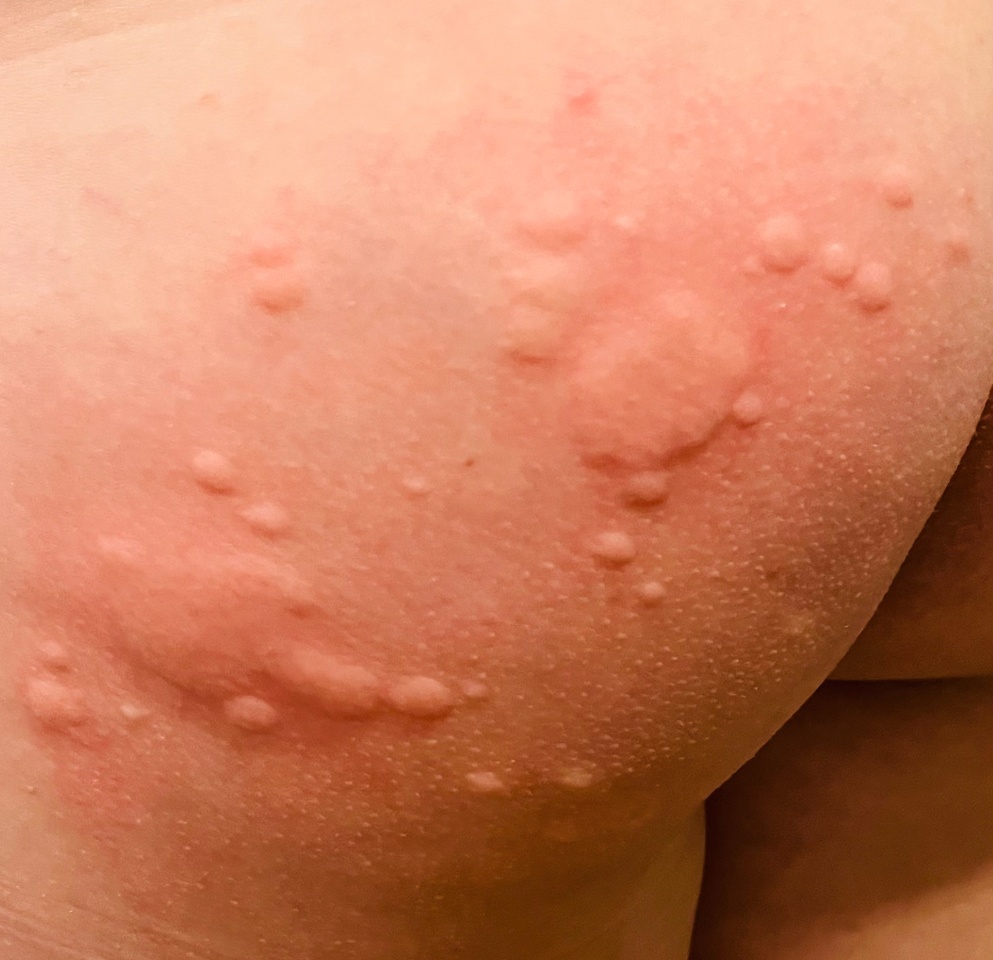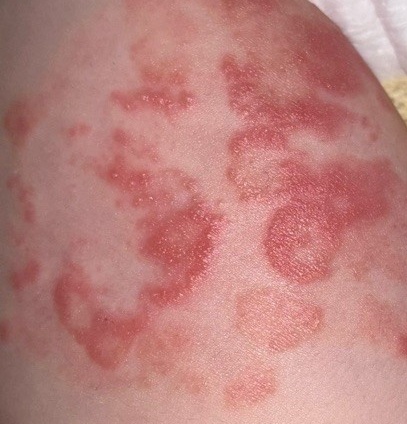Urticaria and erythema are immune-related skin conditions that cause redness, itching, and rashes. These reactions often occur in response to allergens, infections, insect bites, physical triggers (such as cold or heat), or stress.
⚠️ Medium Risk: Although erythema isn’t contagious, it can appear alongside other diseases. It’s important to consult a dermatologist as soon as possible. Regular self-monitoring and professional medical guidance help manage symptoms effectively.
🚨 High Risk: Hives can signal a serious allergic reaction. If you notice itchy rashes, swelling of the face or neck, trouble breathing, or any other alarming symptoms, seek emergency medical care right away.
💊 Treatment: Treatment varies depending on symptom severity. If you develop skin rashes, consult a doctor for a proper evaluation and care plan. Quick response is crucial when symptoms are severe. Identifying allergens and avoiding known triggers play a key role in managing these conditions.
💡 Skin Self-Examination Tips: At the first sign of hives or erythema, contact a qualified healthcare provider. Check your skin regularly for new or changing rashes. Watch for patterns related to food, medications, or exposure to allergens. Keep a diary of symptoms to help pinpoint triggers. Always follow a treatment plan under medical supervision.


